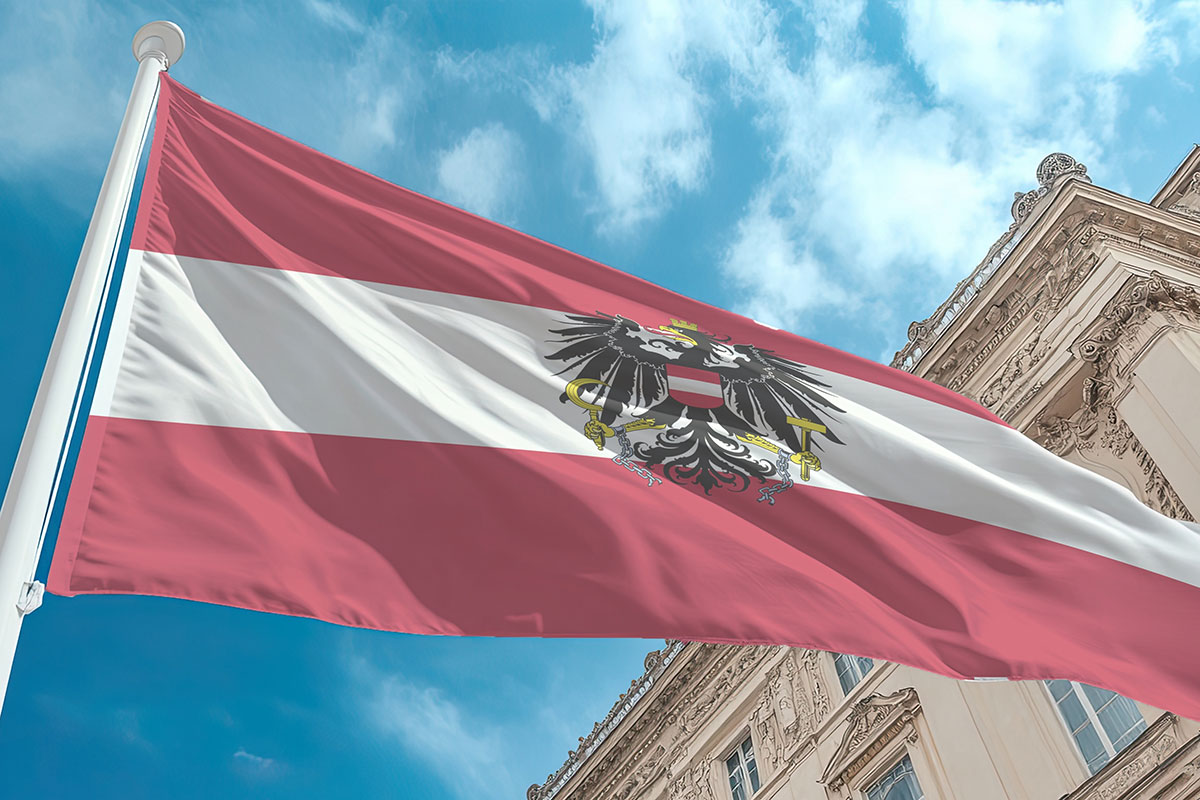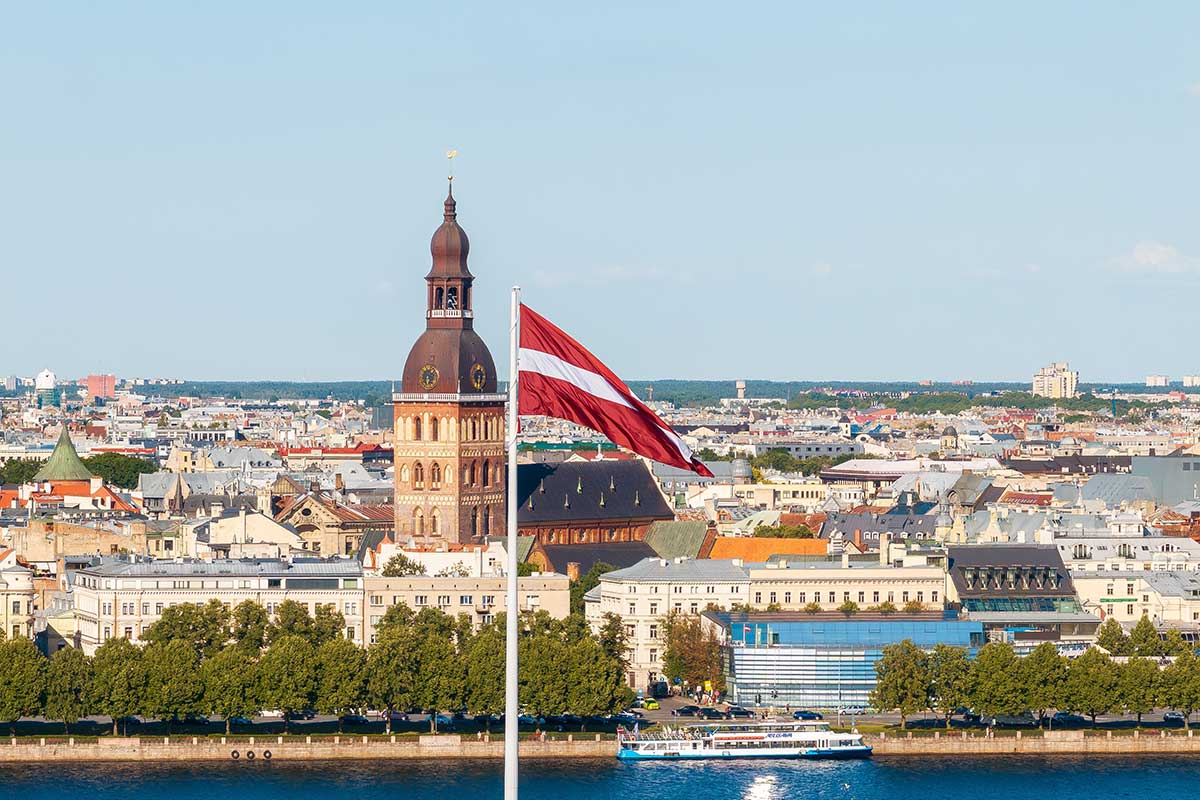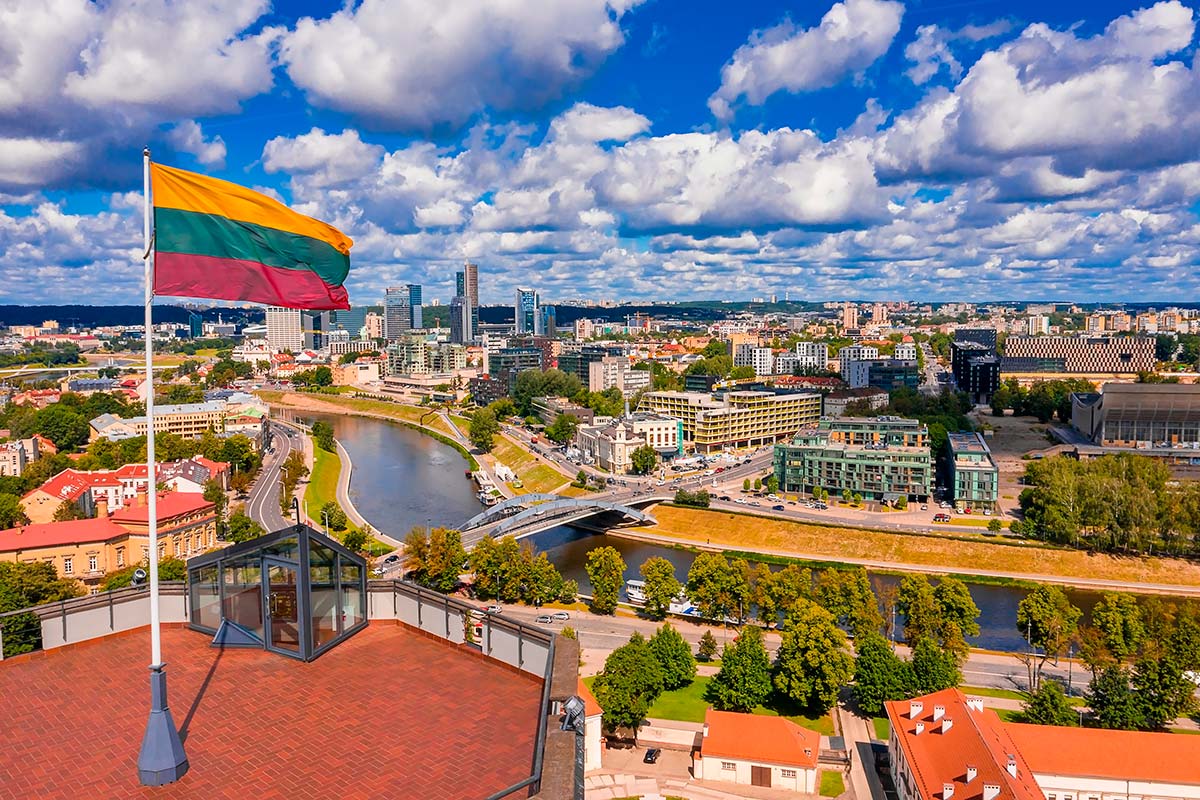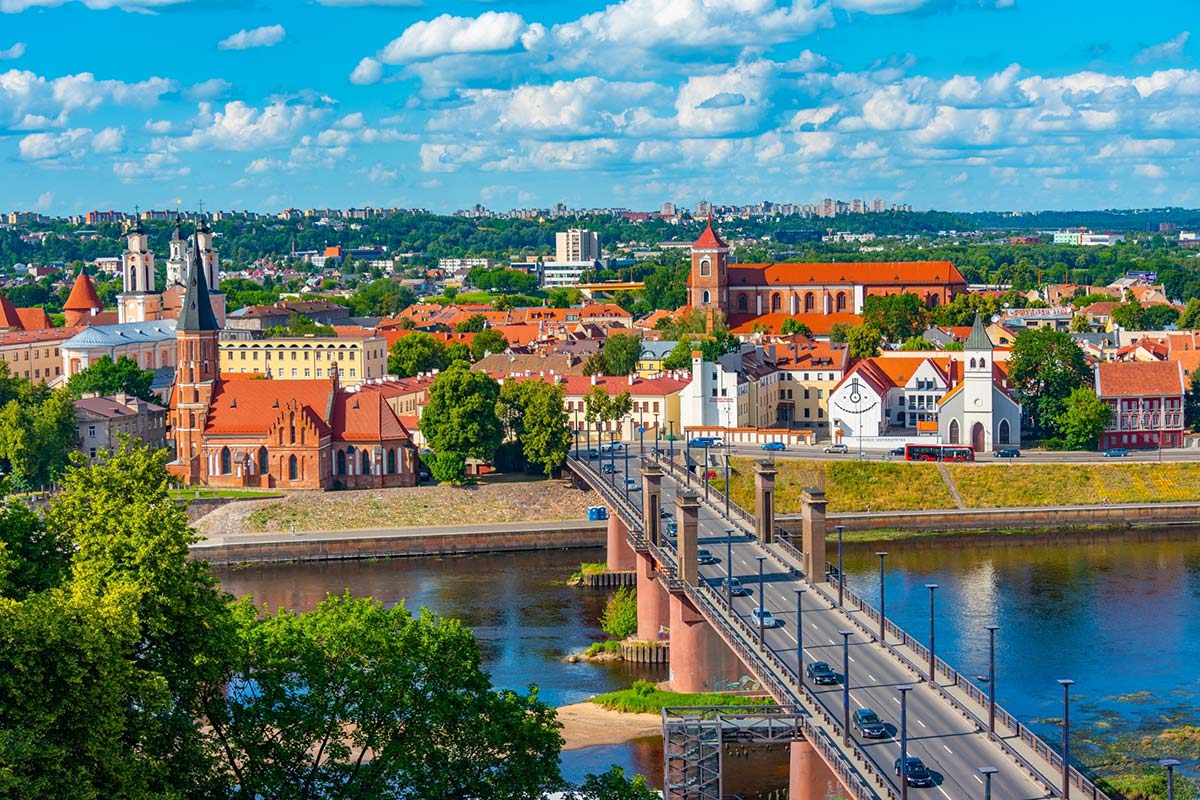Content
Romanian citizenship is among the fastest ways to obtain a European passport through a legally established program.
A Romanian passport can be acquired by birth, descent, adoption, naturalization, restoration, or through a simplified procedure — the latter being one of the most accessible legal routes available in Europe. Since Romania permits dual citizenship, demand remains consistently high, with appointments at the National Citizenship Authority (ANC) often booked months in advance.
Romania is not only a member of the European Union and the Schengen Area. It is also a stable NATO ally, a member of the United Nations, and an active participant in global political affairs. Romanian citizens enjoy visa-free access to 172 countries worldwide and have the legal right to reside in any of the 27 EU member states.
Holding a Romanian passport does not require you to live in Romania. You are free to maintain your current residence or relocate to any EU country. Moreover, dual citizenship allows you to retain your original nationality while enjoying the benefits that come with holding two passports.
Benefits of Romanian Citizenship
Romanian citizenship offers significant opportunities — both for those planning to relocate to the EU and for those who wish to remain in their home country while enjoying the advantages of European status. The Romanian passport ranks among the strongest in the world, granting visa-free travel, streamlined access to financial tools, tax incentives, business opportunities, legal protection, and overall stability.
- Visa-Free Travel to 170+ Countries.
As an EU and Schengen Area citizen, you can cross internal European borders without passport control. To travel to countries like the United Kingdom, Australia, or Canada — which allow Romanian citizens visa-free entry — all you need is a valid international passport. - Open Accounts in European Banks.
You can easily obtain a Visa or MasterCard for travel purposes, open a deposit in a Swiss bank, or send international transfers from anywhere in the EU. For most banking operations, presenting your Romanian passport is sufficient. - Access to Prestigious Education.
You gain the right to study at universities with centuries-old reputations. EU citizens often enjoy free or low-cost higher education. At the renowned Technical University of Munich, for example, international students pay at least €2,000 per semester — but with a Romanian passport, tuition is waived. Moreover, graduates of European universities often qualify for well-paid jobs starting from €2,500 per month. - Live in the European Union.
Once you have a Romanian passport, you can relocate to any EU country. Choose the environment that fits your mindset, lifestyle, and goals — whether it’s the business-oriented pace of Berlin or the laid-back atmosphere of Tenerife. There is no need to apply for a residence permit: simply register with the local authorities upon arrival. - Employment Opportunities in the EU.
You are not limited to working in Romania — you can apply for jobs in other EU countries without needing a work permit. Romania has signed double taxation treaties with 89 countries (including all EU states), which means you will only pay taxes in the country where you earn your income. - Access to Advanced Medical Care.
Romanian citizens are entitled to medical treatment at any clinic in the EU using a universal health insurance policy. Additionally, the EU funds major healthcare initiatives such as TOGAS, SOLACE, and CanScreen-ECIS — all of which are accessible to Romanian nationals. - Do Business Anywhere in the EU.
With a Romanian passport, you can register a business in any EU country without restrictions. You also have the freedom to choose your tax residency based on favorable conditions. Thanks to visa-free travel, business trips within the EU are simple and immediate. However, it’s worth noting that competition is intense in Romania’s food service and consumer goods sectors, making it challenging to maintain profitability in these industries.

Ways You Cannot Obtain a Romanian Passport
According to EU law, citizenship programs vary from country to country. In Romania, it is not possible to obtain a passport:
- Through investment.
- By purchasing real estate.
- By buying the passport as a document, not the status it represents.
How to Obtain Romanian Citizenship
Romanian law provides five legal pathways to acquiring citizenship: by birth or descent, adoption, naturalization, restoration, and the simplified procedure. However, not all of these are suitable for foreign nationals. For example, Romania does not follow the principle of jus soli (right of soil), and adoption leads to citizenship by descent only in specific, limited cases. The two most common and accessible routes for foreigners are:
- Romanian Citizenship by Naturalization.
This route is available to individuals who have legally resided in Romania for at least 8 years (or 5 years if married to a Romanian citizen). You must first establish the purpose of your stay — such as employment, study, business, or family reunification — apply for a type D visa, and then obtain a residence permit. After 5 years of legal residence, you may qualify for permanent residency (PR). Citizenship can be granted if you have spent more than 182 days per year in Romania, learned the language, culture, and history, and can demonstrate financial self-sufficiency. - Citizenship via the Simplified Procedure.
This is a much faster and more accessible option for many applicants. The process begins immediately — without the need for temporary or permanent residence in Romania. You do not need to live in the country, prove your income, or own property. Language requirements are minimal or nonexistent. There is no obligation to pass exams on Romanian history, culture, or the constitution. Within approximately 12 months, you may be granted Romanian citizenship and enjoy full EU citizenship rights.
Comparison: Naturalization vs. Simplified Procedure
| Criteria | Naturalization | Simplified Procedure |
|---|---|---|
| Residency Requirement | 5–8 years | Not required |
| Romanian Language Knowledge | Intermediate level, assessed in an interview | A few phrases for the oath |
| Proof of Financial Means | Required | Not required |
| Visa Application (Cost in €) | Yes, Type D — €120 | Not required or Type C — €90 |
| Temporary Residence Permit (Cost in €) | Yes — €120 | Not required |
| Permanent Residence Permit (Cost in €) | Yes — €28 or €52 | Not required |
| State Fee for Citizenship Application (€) | Yes — €18 | Yes — €18 |
| Total Estimated Costs (€) | From €750 + approx. €40,000 for living costs | From €3,000 |
If you hold a Romanian passport, you’ll be recognized as a European — able to travel visa-free, live, and work throughout the EU. Choose simplified procedures to obtain citizenship as quickly as possible.
Eligibility for the Simplified Procedure: Who Can Apply
Many individuals qualify for Romanian citizenship through the simplified procedure. The requirements are minimal: no criminal record, properly prepared documents, and biometric data submission. Your profession or language proficiency does not matter.
Applications can be submitted either within Romania or through consulates abroad. According to recent data, over 30,000 applications were approved in one year, and more than 6,000 petitions were filed within just the first two months of 2025.
Relocating to Romania is not a requirement to become a citizen. The entire process can be completed with legal assistance. You won’t need to navigate bureaucratic details on your own — legal experts will guide you through each step.
The simplified procedure saves you years of waiting, while turnkey citizenship services help you avoid bureaucracy and eliminate the need to navigate complex requirements. You can continue focusing on your work and family while the process moves forward.
Stages of Obtaining Romanian Citizenship
Applicants under the simplified procedure go through only 5 stages instead of 7, making the process significantly faster and easier. There is no need to obtain a long-term entry visa, a temporary residence permit, or permanent residency — nor is there a requirement to live in Romania before applying for citizenship.
Dossier Preparation
You will need to handwrite three statements in Romanian regarding:
- Whether you have previously submitted an application for Romanian citizenship;
- Your intent to acquire Romanian citizenship;
- Confirmation that you have not engaged in, nor supported (now or in the past), any actions that pose a threat to Romania’s national security.
These declarations must be written in Romanian.
You will also need to provide:
- Consent for the processing of personal data;
- The original and a copy of your international passport;
- A criminal record certificate from your country of citizenship;
- A marriage certificate (if applicable);
- Documents proving your eligibility for the simplified procedure.
All documents and copies not originally issued in Romanian must be translated and legalized. If you have children, the necessary paperwork will also be prepared for them — including a birth certificate and a consent form for acquiring Romanian citizenship. The child will be included in your application.

Entry and Application Submission
To enter Romania, a short-term Type C visa is sufficient. Romanian citizenship applications are processed by the ANC (Autoritatea Națională pentru Cetățenie — National Citizenship Authority). You can submit your application in Romania by visiting the central office in Bucharest or one of the regional branches in Suceava, Galați, or Iași.
Appointments at the ANC must be scheduled in advance, but available slots are often taken within hours. Many applicants choose to submit their dossier through legal professionals who monitor appointment availability and prepare the complete document package. Legal oversight helps avoid mistakes and ensures faster access to submission dates — which is especially valuable given the high demand for the simplified procedure.
Applications can also be submitted through Romanian embassies or consulates in your country of residence. However, this route is considered less reliable: consular staff do not verify your dossier and simply forward it to Romania. If any document is missing, you may not be informed immediately, which can significantly delay the processing time.
Upon arrival in Romania, you will meet with your legal advisor and complete three key steps in a single day:
- Visit the ANC with your prepared documents.
- Submit biometric data (photograph and two fingerprints).
- Receive your dosar registration number, which confirms your application has been filed. This number can also be used to track the status of your application on the ANC website.
Waiting for a Decision
After submitting your documents, the next step is to wait for your case to be approved by official decree. This stage typically takes around one year, though the exact timeline depends on the workload of the authority and the volume of applications. You do not need to remain in Romania during this period — after submission, you are free to return home and wait for the decision remotely.
Oath Ceremony
Within three days of the citizenship decree being issued, you will receive a registered letter with official notification. From that date, you have one year to take the oath of allegiance.
During the ceremony, you will be required to recite the oath in Romanian before the Minister of Justice, the President of the ANC, or two of its deputy officials. Upon completion, you will receive a temporary certificate of citizenship, valid for two months.
Issuing the Romanian Passport and Other Documents
Sixty days after taking the oath, you will receive your Romanian citizen ID card. Based on this document, you can apply for both the internal ID and international passport. Appointments with the passport office are scheduled online — most applicants book several months in advance.
The process at the office is straightforward: the officer fills out the electronic application, and your data is automatically retrieved from the citizen ID card, so no additional documents are required.
During the appointment, biometric data — a photograph and fingerprints — will be collected. The internal ID card is typically issued within 5 business days. In busy periods, processing may take up to 30 days. The international passport is usually ready within 5 business days, or up to 10 days during peak demand at the passport office.
Reasons for Rejection and Approval Statistics
Applications for Romanian citizenship through naturalization are more frequently denied due to stricter requirements. A common reason for rejection is failing to meet the 8-year residency rule — for example, spending more than six months outside the country in any given year. Additional grounds include errors during the Romanian language interview, insufficient knowledge of the country’s history and culture, or inadequate financial means.
In contrast, the simplified procedure involves far fewer requirements, making the risk of rejection significantly lower.
According to the latest data from the ANC, 40,740 citizenship applications were approved, while 3,431 were rejected — roughly 8.5%. Of the approved applications, 75% (30,331) were submitted under the simplified procedure. These figures clearly show that the fast-track program is more accessible and carries a much lower rejection rate.
When you leave the process to experienced professionals, you can be confident that every legal detail is handled correctly. Your application will be accurate, compliant, and positioned for approval.
Life in Romania: Key Insights
While many applicants are primarily interested in the benefits of an EU passport, Romania itself is increasingly seen as a viable destination for relocation. Salaries in the country start from around €1,000 per month, while average monthly living expenses for one person remain below €600. Unemployment is low — just 5.2%, compared to 10.6% in Spain, 9.4% in Greece, and 8.7% in Finland — reflecting the relative stability of the Romanian economy.
A more direct indicator of progress is the country’s GDP, which reached €357 billion in 2024. Experts forecast that it will grow to €700 billion over the next 10 years, highlighting Romania’s steady economic development.
The business environment is also favorable. Entrepreneurs benefit from a corporate tax rate of 16%. According to business reviews, entertainment ventures such as bars and nightclubs are particularly popular — largely due to the reduced corporate tax rate of 5% available to business owners in this sector.
International companies are increasingly interested in operating in Romania. In 2024, a major tobacco producer, JTI, opened a technology hub in Bucharest, creating new jobs and collaboration opportunities for small and medium-sized businesses. In 2025, the Swiss company International Workplace Group launched a new center, offering modern office spaces for rent.
Following Romania’s entry into the Schengen Area, the country saw a rise in tourism from other EU states, generating additional revenue for the national budget. Locals benefit from increased passive income through property rentals — particularly along the Black Sea coast (Mamaya, Venus, Eforie Nord) and in mountain resorts (Sinaia, Poiana Brașov, Predeal). This income helps offset the fact that salaries in Romania are still lower compared to other EU countries.
It’s worth noting that while healthcare services are formally available, same-day appointments with doctors are rare. There is a noticeable shortage of medical professionals, especially outside major cities like Bucharest.
Romania offers students access to respected universities, provides full social benefits to workers, and gives entrepreneurs state-backed support and access to international markets.







